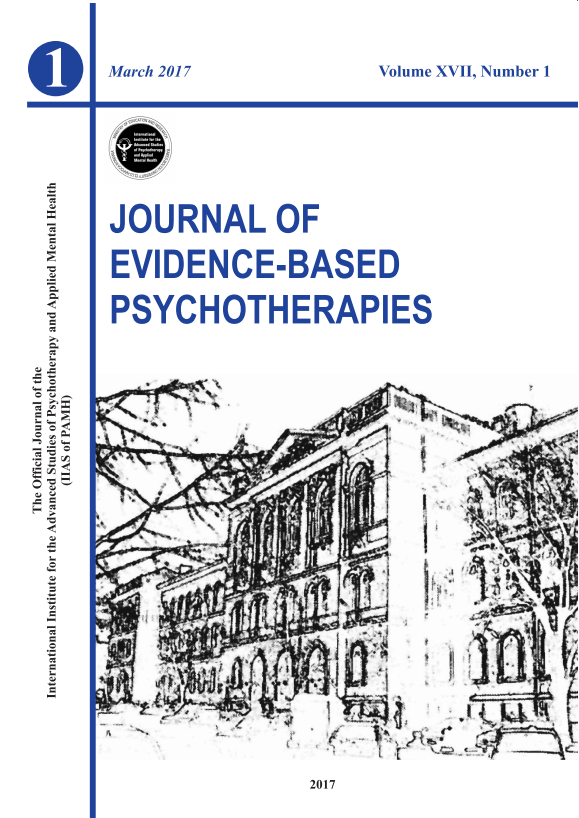Anca DOBREAN* & Silviu MATU
Babes-Bolyai University, Cluj-Napoca, Romania
Abstract
Psychology was founded in Romania at the beginning of the XX century, by students of Wilhelm Wundt who graduated at Leipzig University (i.e., the first psychology laboratory in the world). Eduard Gruber introduced psychology in Iasi, Constantin Radulescu-Motru in Bucharest, and Florian Stefanescu-Goanga in Cluj-Napoca. From the very beginning, Romanian psychology was an active national and international player, completely integrated in the international psychology movement. However, starting with the rise of the communist regime (1945), Romanian psychology was less and less supported and eventually forbidden, both in universities (from 1977 to 1991) and research institutes (from 1982 to 1991). After the Anticommunist Revolution of 1989, psychology was reintroduced in Romanian academic and research settings (starting with 1991). However, due to almost 25 years of isolation from internationals standards, the newly started programs were generally based on outdated paradigms. In this article we identified active, visible, high impact, and eminent Romanian psychologists, based on key international criteria used in international university rankings and/or for academic promotion at world-class universities. Comparisons with international benchmarks are presented. Implications for educational and administrative decisions and policies are discussed.
Keywords: Romanian active, visible, high impact, and eminent psychologists, scientometric analyses.
